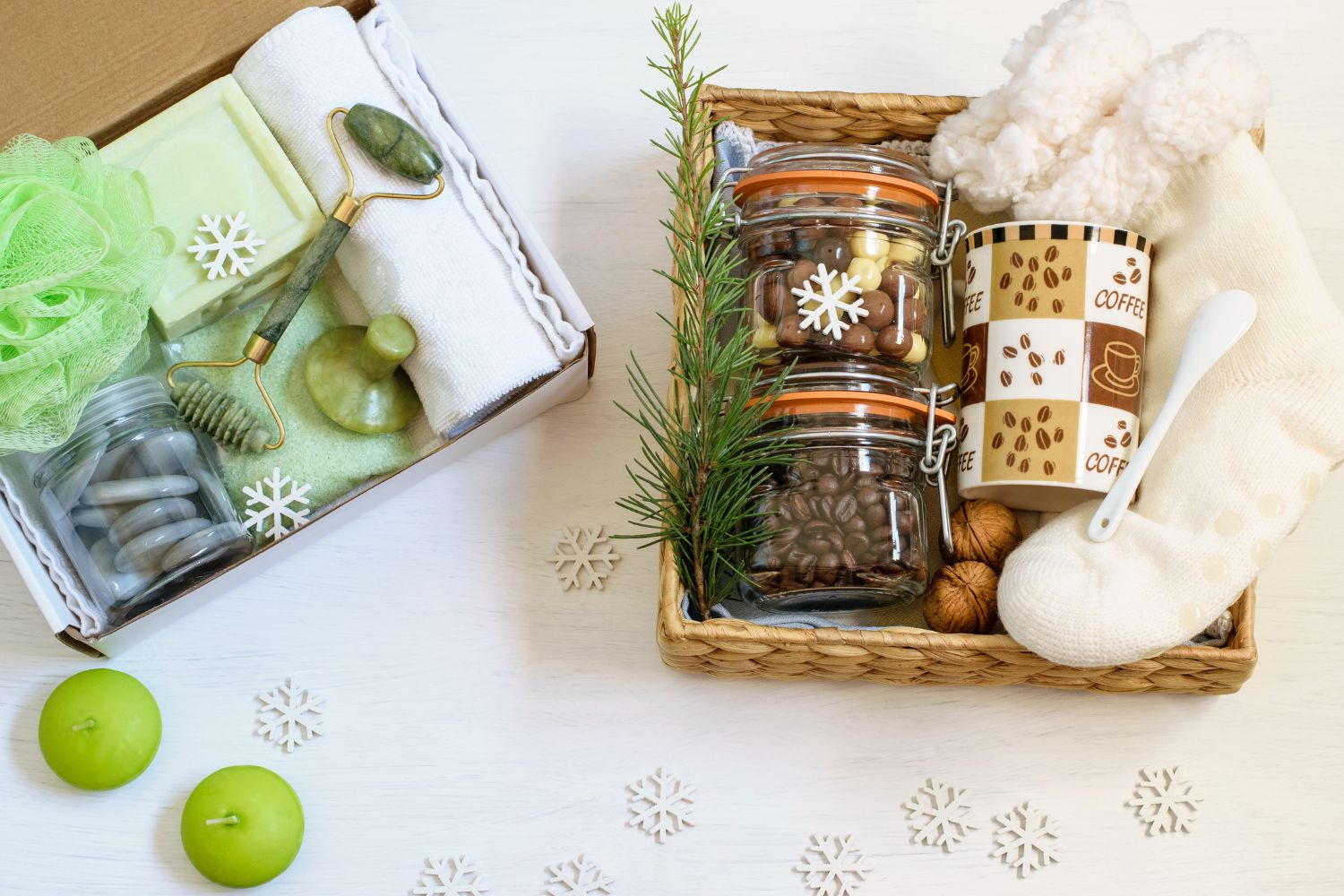Private Label Products
Private label products offer businesses a cost-effective, customized solution to offer products under another brand’s name, leveraging existing production capabilities while maintaining a distinct market identity.
Private Label Products: Uncovering the Customization and Quality Power
Private label items have progressively gained traction in the fast-paced world of consumer goods, providing an exciting alternative to well-known brand names. These items, often known as shop brands or generic brands, are manufactured and sold solely by a single retailer. In this article, we will look at the notion of private label items, their rising popularity, and why they have become such a powerful force in the retail industry.
1. Defining Private Label Products:
Exclusive Retailer Offerings: Private label items are things that are conceived, manufactured, and sold under a certain retailer’s brand name. These things, unlike those from large manufacturers, are designed with the retailer’s specs, quality standards, and branding in mind.
2. Retailer-tailored customization and differentiation
One of the main benefits of private label items is that merchants may tailor them to their target demographic and market positioning. Retailers may customize product compositions, package designs, and pricing to match their distinct brand identity and client preferences.
3. Consistency in Quality Control
Retailers place a high value on the quality and consistency of their private label items. They frequently collaborate with trustworthy suppliers and manufacturers to satisfy their unique quality requirements, ensuring that consumers can rely on these items’ constant quality.
4. Competitive Pricing Provides Value and Affordability
When compared to name brands, private label items are usually priced affordably. Retailers may pass on cost savings to customers by avoiding the need to pay for the overhead costs involved with big advertising and branding, making these items an appealing alternative for budget-conscious shoppers.
5. Various Categories: From Food to Fashion
Private label items are available in a variety of areas, such as food and drinks, clothes, cosmetics, electronics, and home goods. Whether you’re shopping for groceries, clothing, or home décor, you’re bound to come across private label alternatives.
6. Consumer Loyalty and Trust:
Changing Perceptions: Consumer attitudes of private label items have altered throughout time. These items, which were once regarded generic or of inferior quality, have received respect for their value and excellence. Private label items are increasingly trusted and preferred by many customers, who see them as credible alternatives to national brands.
7. Retailer Flexibility and Control:
Rapid Response to Trends: With private label items, retailers can respond quickly to evolving trends and market demands. They can offer new things, test various formulas, and adapt to changing consumer tastes more quickly than major brands.
8. Considerations and Obstacles
While private label items have many advantages, they also have certain drawbacks. To create and sustain consumer trust, retailers must invest in branding, marketing, and quality control. Furthermore, competition in the private label area is severe, with merchants seeking to stand out in crowded marketplaces.
9. Private Label Product Growth in the Future
Private label items have a bright future as merchants continue to innovate and adapt to shifting consumer tastes. Expect more personalization, environmental initiatives, and digital marketing methods to drive the expansion of private label services.





